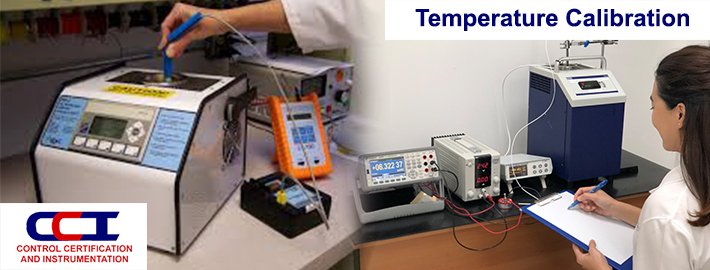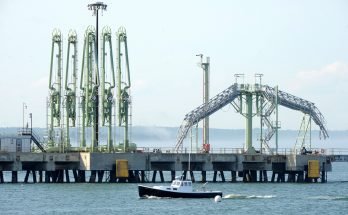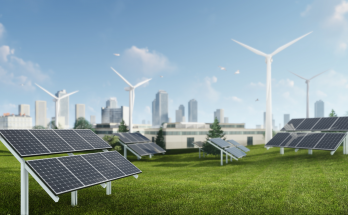Calibration is the process of standardising or correcting measurement equipment in order to improve its precision. A technician will compare the measurements of a piece of equipment to a baseline to check if they match. If the equipment’s measurement fails to reach the standard’s acceptable accuracy ratio, a professional technician will make modifications until it does. Various Temperature Sensor Calibration techniques will be required for different devices. A calibration facility, for example, will calibrate sensors differently than thermometers. You may either pay professionals to come to your location to calibrate your equipment or send it to a lab.
Why Do We Need Calibration?
- Instruments That Last Longer
Over time, any measuring equipment will degrade. You may calibrate your device to get it back to normal levels instead of tossing it out and replacing it with a new one when it stops delivering correct data. After calibrating your old equipment, it should work to its original specifications. As a consequence, you’ll be able to use a gadget for much longer. Calibration can also help you keep track of how quickly a piece of equipment degrades, allowing you to keep an eye on elements that cause additional wear, such as environmental forces or specific uses. You may make changes based on this information to prevent quicker wear and maintain your instruments in better condition for longer.

- Enhanced Security
When it comes to using calibrating equipment for critical operations, safety comes first. Minor mistakes might cause a machine to malfunction or give you erroneous information about how safe something is, resulting in employee injury or mechanical failure. Temperature Sensor Calibration of your equipment on a regular basis ensures precise measurements and avoids dangerous circumstances. Many companies utilize calibration to safeguard their assets and employees since it promotes safety.
- Additional Savings
You may save a lot of money by calibrating your equipment according to the manufacturer’s recommendations. Because calibrating equipment avoids accuracy errors, it aids producers in limiting mistakes that might result in useless items throughout the manufacturing process. Inaccurate food temperature measurements, on the other hand, might lead to spoilt goods. In research labs, inaccuracies can lead to staff members receiving inaccurate readouts, rendering any data useless. Errors, no matter what business you’re in, will eventually boost your costs.
Calibrating your equipment saves you money since you won’t have to throw away bad items or pay more on personnel costs if you have to repeat tests in a lab. You’ll also save money and increase income since you’ll avoid the costs of having to halt and restart procedures when your team detects an error. You can improve the efficiency of your organisation and get the most out of your equipment by eliminating mistakes.
- Certification is Less Difficult
Many industries need the possession of necessary qualifications in order to operate lawfully. You’ll almost certainly require regulatory approval before doing specific actions. These certifications frequently need confirmation that you calibrate your equipment and are capable of producing correct results.
You’ll have an easier time getting certification from appropriate regulatory organisations if you calibrate your equipment on a regular basis. Dry-Block Calibrator enables your equipment to produce exact results, assisting you in passing any certification examinations relating to the accuracy of your gadgets.




